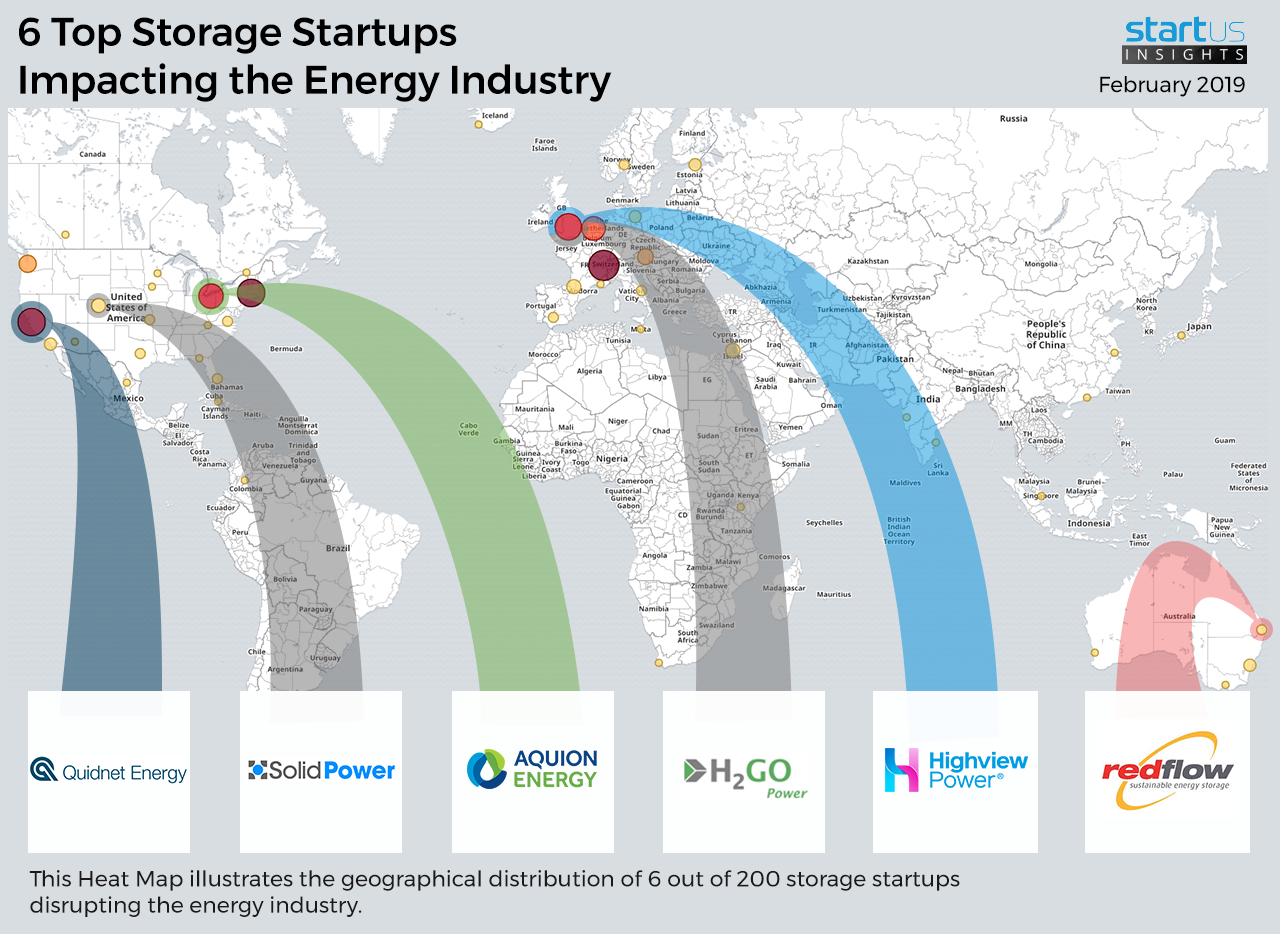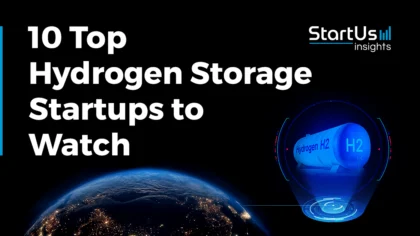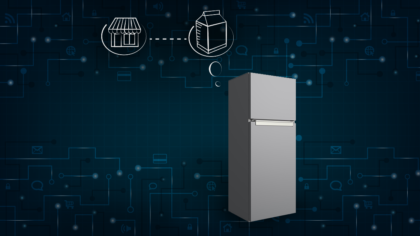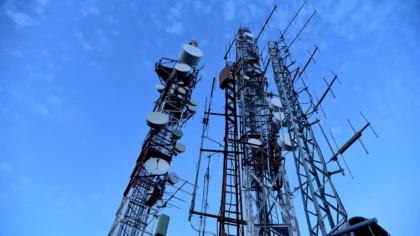Our Innovation Analysts recently looked into emerging technologies and up-and-coming startups in the energy industry. As there is a large number of startups working on a wide variety of solutions, we decided to share our insights with you. This time, we are taking a look at 6 promising energy storage solutions.
Heat Map: 6 Top Storage Startups
For our 6 picks of storage startups, we used a data-driven startup scouting approach to identify relevant solutions globally. The Global Startup Heat Map below highlights 6 interesting examples out of 200 storage solutions for the energy sector. Depending on your specific needs, your top 6 picks might look entirely different.
H2GO – Hydrogen Energy Storage
Hydrogen energy storage solutions are constantly expanding the market and include innovative ways of storing hydrogen, hydrogen electrolysis based heat-and-power system, hydrogen-based fuel, and hydrogen-bromine flow batteries. The benefits of these solutions include non-flammability and prevention of outages (blackouts).
British startup H2GO Power develops a safe method for hydrogen production and storage to provide power on the move. The core of the company’s system for storing hydrogen gas is a flexible sponge structure made from nanomaterials, which trap hydrogen atoms in its pores. When this structure is heated, gas is released. Hydrogen for the system is produced by splitting water molecules (H2O) using a water electrolysis process.
Highview Power – Liquid Air Energy Storage
Liquid Air Energy Storage technology is based on the principle of air liquefaction. This enables easy storage of air as a liquid, providing high-density storages. When energy is needed, the liquid is converted back into gas which generates energy that powers turbines and produces electricity.
British startup Highview Power targets the utility market and develops long-duration energy storage solutions to balance the grid and strengthen the power networks. This startup claims its liquid-air storages are available at sizes enough to store electricity for more than 200,000 homes for 12 hours. Besides that, this solution is cheaper than lithium-ion batteries and releases zero emissions.
Quidnet Energy – Underground Pumped Hydro Storage
Instead of an above-ground reservoir, this kind of hydro storage pumps water down into the earth to fill up the cracks in-between rocks that previously held fossil fuels — storing energy in the compression of the rocks. In order to discharge energy back to the grid, the pressurized water is released and acts as a spring as it races through a turbine-generator above ground, powering it to produce electricity.
The US-based startup Quidnet Energy develops pumped hydro technology to enable widely deployable and cost-efficient alternatives to lithium-ion energy storages. The company’s solution is called Flex Formation Subsurface Pumped Hydro, and converts abandoned oil and gas wells into energy storage facilities for large-scale intermittent renewables integration.
Aquion Energy – Saltwater Batteries
Saltwater batteries are a non-toxic, chemically stable and non-flammable alternative to lithium-ion batteries. They can be discharged to zero or even left at partial charge without irreversible capacity loss. Another benefit of these batteries is that they require nearly zero maintenance.
The US-based Aquion Energy manufactures batteries from abundant materials, such as stainless steel, manganese, carbon, and alkali-ion saltwater, using low-cost manufacturing techniques. The battery technology is scalable and can be used in residential as well as utility level solutions.
Solid Power – Solid-State Batteries
Solid-state batteries have solid electrodes and solid electrolytes, which gives them high energy density properties. High density makes these batteries more stable, reliable and longer-lasting than their liquid battery counterparts.
The US-based company Solid Power produces solid-state batteries, which provide a major improvement in energy density, safety, and reliability compared to the best Li-ion cells available. Together, these performance attributes enable performance improvements of battery-powered devices such as electric vehicles, medical devices, airplanes, and satellites through increased runtime and safety at a lower cost.
Redflow – Zinc Batteries
This section includes zinc-bromine batteries, rechargeable zinc-ion batteries, and zinc-air flow batteries. Zinc batteries can withstand harsh environments with hot temperatures. One more advantage of these batteries is that they’re non-flammable, which makes them safer.
Australian startup Redflow manufactures Zcell zinc-bromine flow batteries. These batteries have a lifespan of 10 years, during which they can be discharged to 100% without capacity loss. The Zcell battery is easily scaled to commercial, industrial and even grid-level requirements.
What About The Other 194 Storage Solutions?
While we believe data is key to creating insights it can be easy to be overwhelmed by it. Our ambition is to create a comprehensive overview and provide actionable innovation intelligence for your Proof of Concept (PoC), partnership, or investment targets. The 6 storage startups showcased above are promising examples out of 200 we analyzed for this article. To identify the most relevant solutions based on your specific criteria and collaboration strategy, get in touch.









